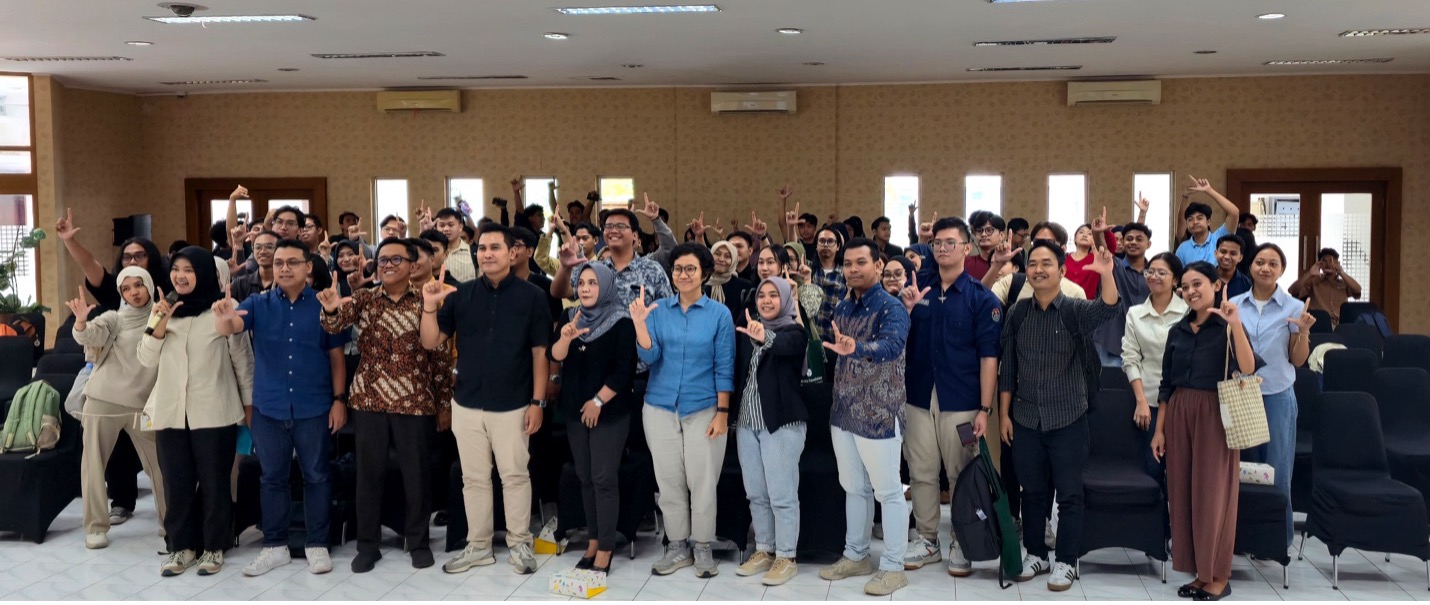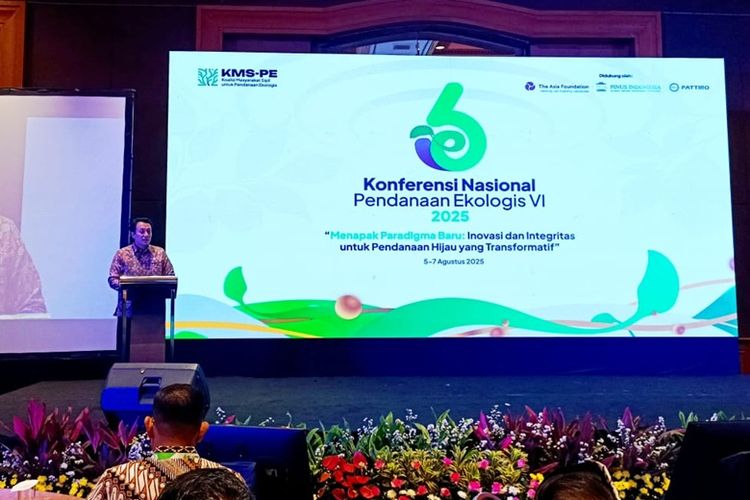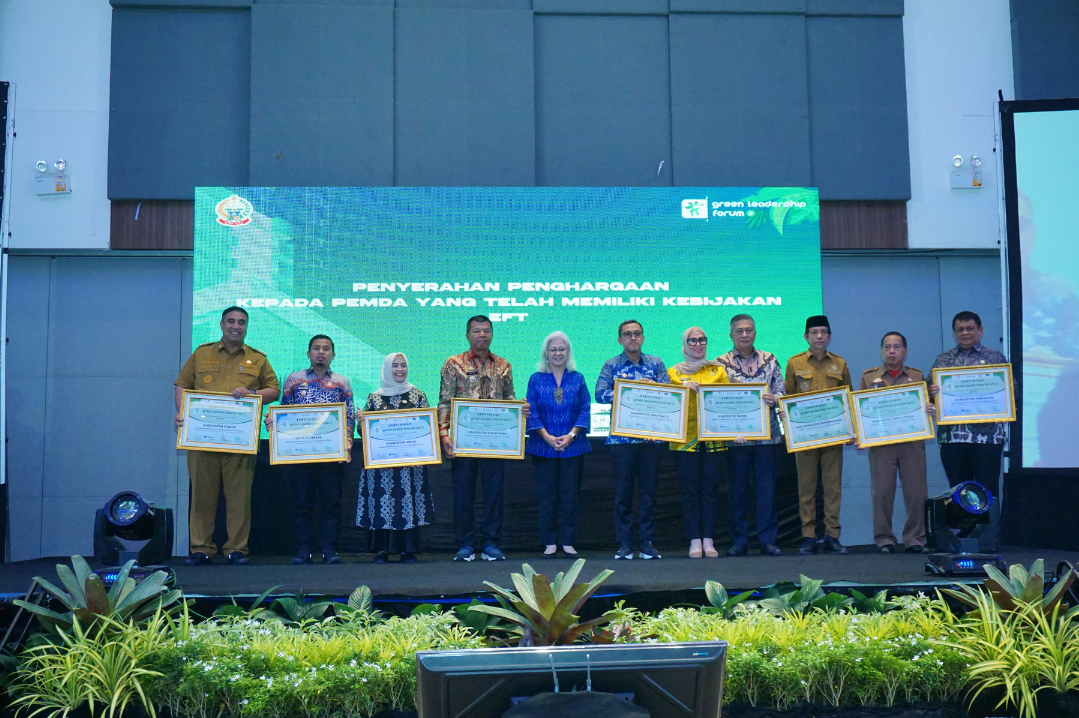![]()
Civil society organizations need to oversee local governments to allocate climate-resilient development budgets in accordance with the needs of the community, especially vulnerable groups. This emerged in the Training of Trainers (TOT) Budget Tracking activity organized by PATTIRO in Lombok, West Nusa Tenggara, 10-12 April 2022. TOT Budget Tracking is part of the Voice for Inclusiveness Resilience Actions (VICRA) program supported by the Dutch Ministry of Foreign Affairs. This training is expected to strengthen the understanding of civil society groups partnering with the VICRA program on the Regional Budget (APBD) and increase their capacity in budget tracking for inclusive climate resilience actions. Civil society groups need to ascertain whether local governments have allocated funds from the APBD to address climate change impacts.
In this training, partners were introduced to the one-year local planning and budgeting cycle. It is important to understand this cycle so that VICRA partners know at which stage they can advocate for budgets to respond to climate change phenomena. Based on the discussion, the partners agreed that budget advocacy can start during the development planning meeting (Musrenbang) at the village level. Further, budget advocacy can also be carried out by VICRA partners through informal approaches with government agencies that have authority in local budgeting. Despite the formal stages, it is important for civil society organizations to always be involved in and oversee local planning and budgeting. If civil society organizations are only involved in one or two stages, there is a concern that there is no commitment from the local government to include climate change issues in their local programs and budgets.
![]()
Civil society organizations have also agreed on the nomenclature of climate change adaptation programs that have been identified in the Decree of the Minister of Home Affairs (Kepmendagri) 050-5889 of 2021 concerning the Results of Verification, Validation and Inventory of Updating Classification, Codification and Nomenclature of Regional Development and Financial Planning. It is expected that the stipulation of Kepmendagri 050-5889 of 2021 will be able to realize the leveling of classification, codification and nomenclature of programs and activities at the regional level. This will help the government in presenting statistical data on local government performance and finance nationally, through the Local Government Information System (SIPD). Thus, this document is important to be understood together, so that the nomenclature and codification of climate resilience programs can be identified. Nomenclature of climate resilience programs that have been identified and agreed upon is a guideline for the consortium of VICRA partner civil society groups to track the climate resilience budget in the APBD of each program area.
Besides referring to the program nomenclature in Kepmendagri 050-5889 of 2021, civil society groups are also directed to use the four pillars of climate resilience in tracing the budget, namely infrastructure, technology, capacity building, governance and funding. These pillars will make it easier for civil society groups to map Regional Apparatus Organizations (OPDs) related to climate resilience in the agricultural sector. The civil society groups were given time to practice the budget analysis in the APBD document. The results of the temporary search found that the budget for climate resilience in the agricultural sector is not only the responsibility of the Department of Agriculture, but also other agencies. Hence, it is necessary to double-check in other agencies, because there may be programs or activities that indirectly overlap with climate change adaptation in the agricultural sector.
Other findings are that the regional budget for climate change adaptation is still mostly allocated for infrastructure development. Konsepsi, one of the civil society groups partnering with the VICRA program, found a gender-responsive climate resilience budget in the East Lombok APBD. This indicates that most programs and budgeting for climate change are still gender neutral. This could be used as advocacy material for civil society so that OPDs are not limited to allocating climate resilience budgets for infrastructure development, but also allocate them to other sectors. Commitment from the government to include the GESI approach in local programs and budgeting is also needed. The findings need to be further packaged in the form of a policy brief so that it can further convince local governments to allocate funds for inclusive climate resilience actions. (TB)




